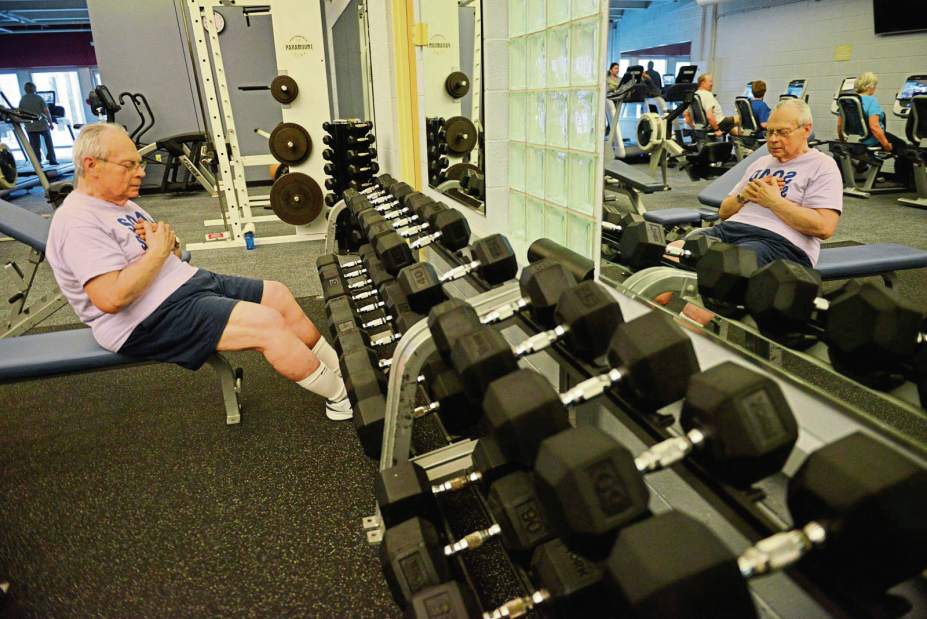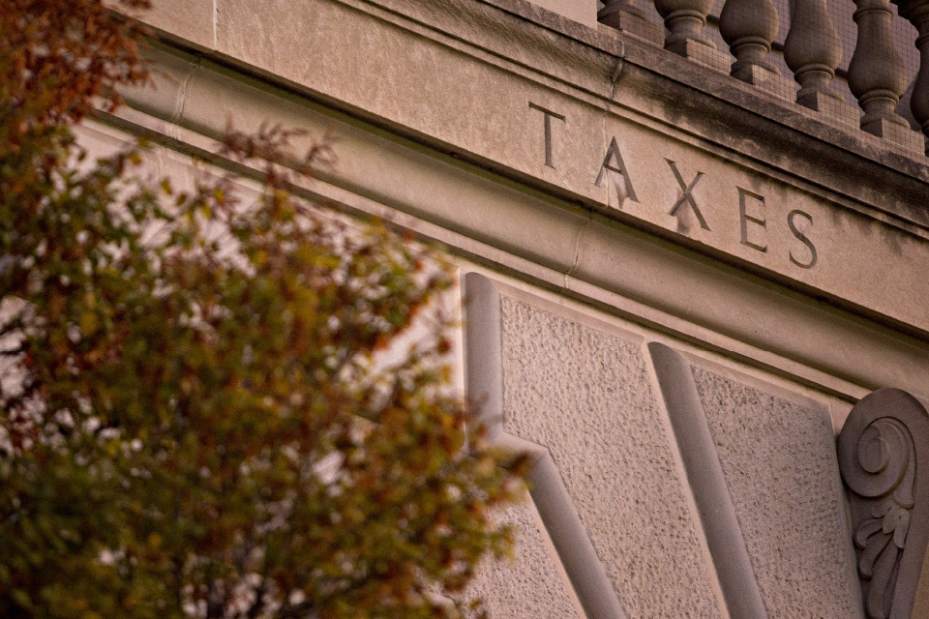The curtailment of a program that put paid "safety ambassadors" on the streets of Pittsburgh will mean fewer friendly faces Downtown for people needing help.
Citing declining revenue, the Pittsburgh Downtown Partnership ended its ambassador program last week but is looking for a way to bring it back in 2010 with a sharper focus, said partnership president and CEO Mike Edwards.
"Although the safety ambassadors were not directly involved in enforcement of city ordinances, they were another set of eyes and ears for our police officers," said Paul Donaldson, deputy police chief. "Their presence was a comfort to out-of-town visitors who often sought their assistance when directions, the location of local attractions or the nearest bus stops, etc. were needed. In that respect, the ambassadors will be missed."
Since 2006, the ambassadors patrolled the Golden Triangle, providing walking escorts after dark, answering questions and offering directions, and keeping panhandlers away from outdoor cafes, ATMs, bus stops and food vendors. But as grants dried up and the costs climbed, it became clear the $300,000-per-year program wasn't sustainable, Edwards said.
"There was just too big a financial burden," he said. "I think we were effective, but it wasn't meeting all the expectations of the stakeholders. We couldn't have 20 people all around the Golden Triangle."
Ending the program caused the layoffs of four full-time workers and two part-time workers, who were employed through contractor Block by Block of Louisville. Block by Block will still run a Downtown cleanup program for the partnership at a cost of about $450,000 per year.
"We want everyone to feel safe in Downtown Pittsburgh, and if (the ambassador program) is something that helps them, then I'm sorry to see it go," said Angy Curigliano, assistant general manager at Sonoma Grille on Penn Avenue. She said she noticed fewer panhandlers near the restaurant's outdoor areas and alley this summer, compared with last year.
The partnership is considering how to revive a leaner version of the program next year with a stronger focus on panhandlers, Edwards said. The business visits, roaming patrols and pedestrian escort functions likely would be discontinued, and the workers would focus more on areas they know panhandlers frequent.
"In the new program, visibility will probably decrease, but those who need to know they're there will see them," Edwards said. Although the partnership would dial back the ambassadors' safety patrols, it could work to expand its relationship with police, private security guards and county officers Downtown, he said.







